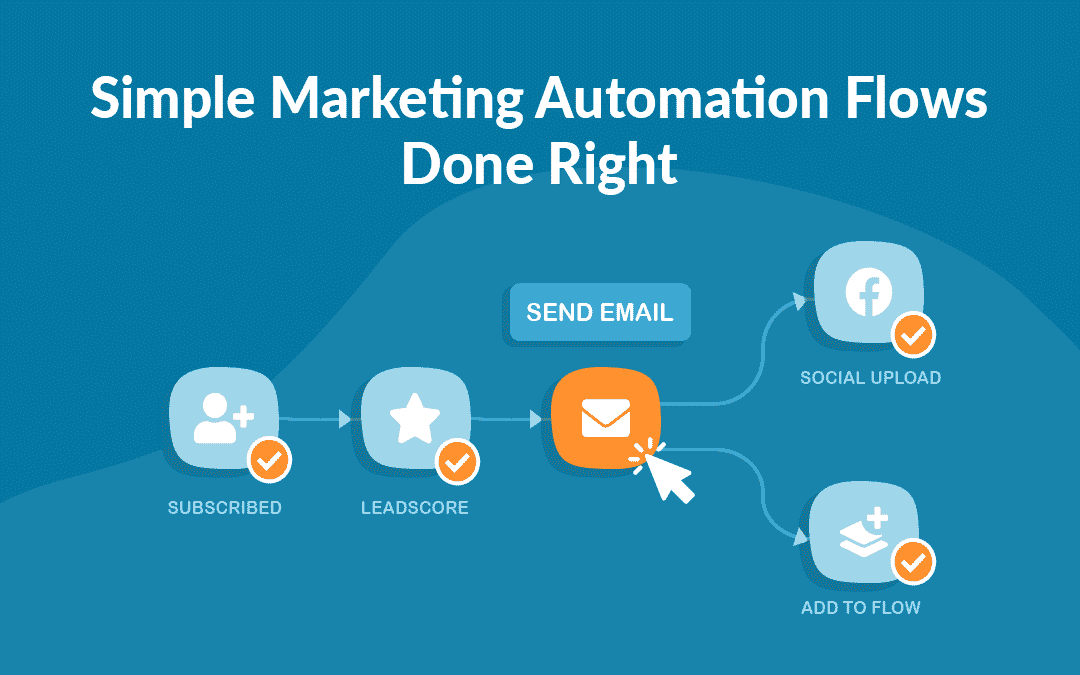Klarna, a Swedish e-commerce company, made a major breakthrough with its internal processes, having implemented a highly refined customer service ticketing system with AI. This led to incredibly heightened efficiencies and enough of a financial runway to take the business to new reaches.
In this post, we take a look at how Klarna is using AI, and how businesses should look at positioning AI for their own purposes to pare down costs and free up revenue.
Help Me Transform My Business with AI
Efficiency and Cost Reduction
Klarna’s AI chatbot has significantly decreased the time required to resolve support tickets:
They slashed the average duration from 11 minutes to a mere 2 minutes
This improvement in efficiency has not only elevated customer satisfaction but has also allowed the company to reallocate resources effectively.
The task that the AI now handles used to be the responsibility of approximately 700 customer service personnel, which are no longer necessary, freeing up boatloads of revenue for the company.

Klarna estimates that this single AI implementation could contribute an additional $40 million in profit annually. Such a significant boost in profitability underscores the potential return on investment that AI technology can offer.
Takeaway: AI, when designed and applied to the right things, can open the door to immeasurable cost savings for businesses. Business leaders and marketers should quantify the potential financial benefits of AI investments like these, especially for reducing fixed operation costs originally thought to be unadjustable.
Enhancing Customer Acquisition
The savings and profits from AI are often redirected to further fuel company growth. Klarna plans to invest the newfound funds into key areas such as research and development (R&D), sales and marketing. This reinvestment strategy is crucial, as it supports continuous improvement and innovation, ensuring that the company remains competitive. This could mean enhancing product offerings, expanding into new markets or upgrading marketing efforts.
The efficiency and cost-effectiveness enabled by AI have a direct impact on customer acquisition strategies. With higher profits per customer, businesses like Klarna can afford to invest more in acquiring new customers, thereby accelerating growth rates. This creates a virtuous cycle of investment and return, fueled by AI-driven efficiencies.
Takeaway: Use AI to refine customer acquisition processes. For instance, AI can optimize marketing campaigns or personalize customer interactions, making them more effective at converting leads. Toyota used AI-assisted A/B testing for content copy, which resulted in the blue one (below) generating 18% more conversions compared to the red one:

Growth Strategies and the Role of AI
The conversation around AI often circles back to its ability to enable growth at potentially lower costs. The “growth at all costs” mentality, previously seen as unsustainable, might find new viability with AI’s capability to drive efficiency and profitability.
Of course, this is a mindset that shifts back and forth. One year, businesses are all about “growth at all costs,” and the next, they’re all about dialing back and doing more with less.
The adoption and clever implementation of AI in business today is yet but another example of businesses having to innovate and accelerate their business models to accomplish two things:
- Outpace competitors (who will likely use AI eventually)
- Scale their output and accommodations with the rising demand and digital literacy of consumers
It’s the classic growth-versus-scaling depiction of progress laid out by Blue Elevator:

At the junctures where a business is starting to crest its growth spike is when it has to start seeking new ways to sustain momentum. If not, it will risk petering out.
This is how businesses are viewing AI. They’re looking at is a means to “innovate” and then “accelerate” into the next big push before becoming obsolete.
Takeaway: Brands should evaluate how AI can be integrated into their growth strategies to support sustainable expansion. This may involve scaling operations, entering new markets or innovating product lines without proportionally increasing costs.
Customization for Different Market Segments
AI’s adaptability not only allows it to serve various market segments but also facilitates strategic business operations across different scales and industries. For small- to medium-sized businesses (SMBs), AI can streamline processes such as customer service, inventory management and marketing automation through standardized solutions:

These tools are relatively easy to implement and can significantly reduce costs while increasing efficiency, making them ideal for brands that may not have extensive custom needs or the budget for highly tailored solutions.
On the other hand, enterprise clients often face more intricate challenges due to the scale of their operations and the complexity of their organizational structures. For these clients, AI solutions need to be customized to integrate seamlessly with existing systems and to address specific strategic goals.
This might involve developing AI systems that can automate unique business processes or provide advanced decision support. For instance, an enterprise in the manufacturing sector might use AI to predict equipment failures and schedule maintenance proactively, thereby avoiding costly downtime.
Takeaway: Evaluate the complexity of your business needs and the scale of operations when choosing AI solutions. For SMBs, leveraging standardized AI tools can provide immediate benefits with minimal investment.
However, enterprises might consider investing in custom AI solutions that are specifically designed to meet their unique requirements and integrate with their existing technological infrastructure. This tailored approach not only addresses specific challenges, but also enhances overall operational effectiveness and strategic decision-making.
Efficiency Through AI Can Pave the Way to Bigger Growth
This big feat by Klarna’s AI chatbot is just a drop of paint on the canvas of the much larger picture. As AI continues to evolve, its ability to transform business operations grows, making it an invaluable asset for companies aiming to enhance efficiency, reduce costs and drive profitable growth.
By strategically implementing AI, businesses can not only improve their operational efficiencies, but also redefine their growth trajectories and customer engagement strategies.
Embracing AI is becoming less of an option if businesses want to maintain that competitive advantage and achieving sustainable growth that’s on pace with the speed of other AI-enhanced businesses.
If you’re ready to level up your business with AI tools, Single Grain’s AI experts can help!👇
Help Me Transform My Business with AI
For more insights and lessons about marketing, check out our Marketing School podcast on YouTube.






